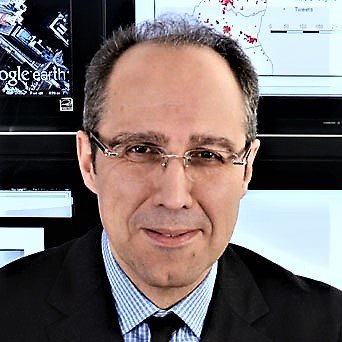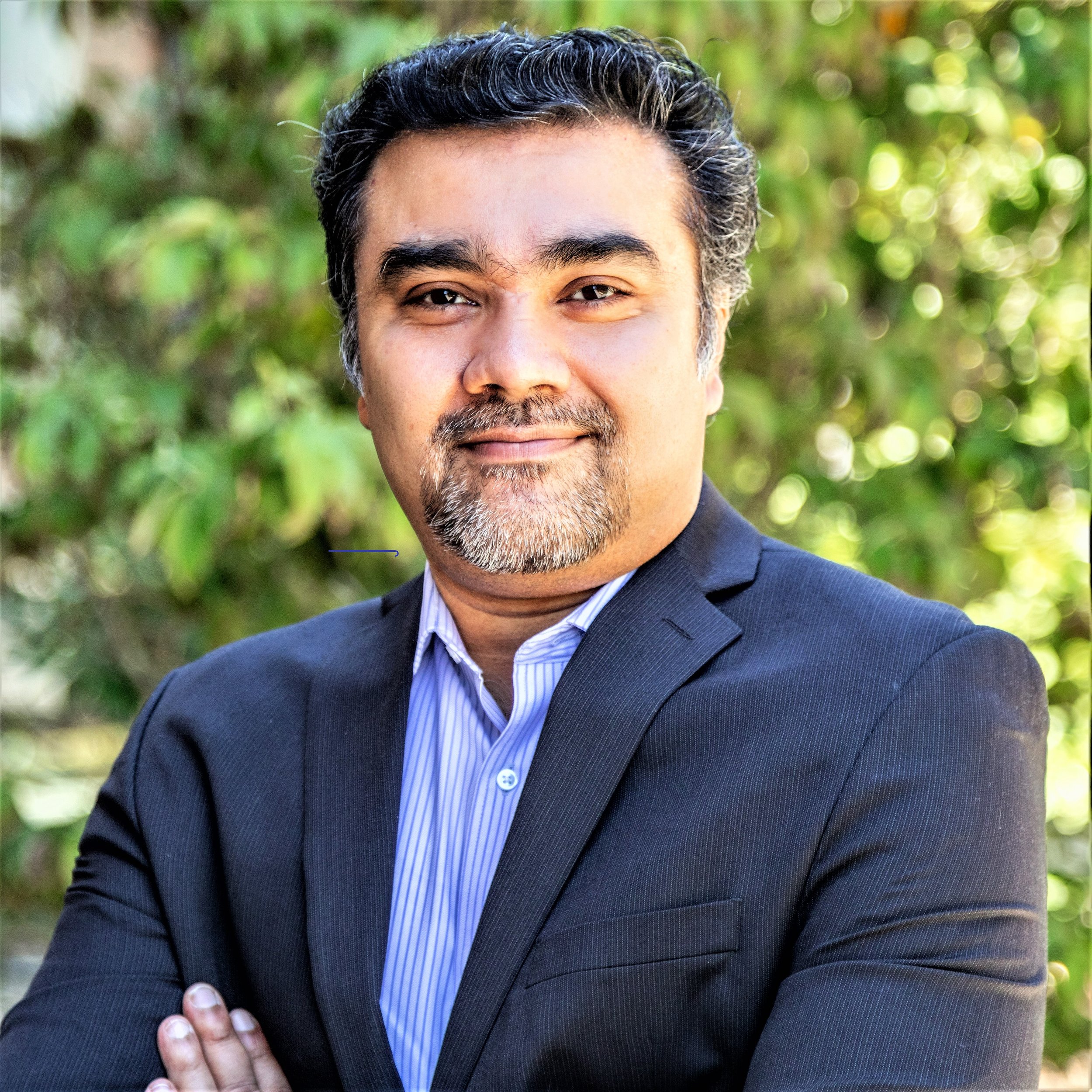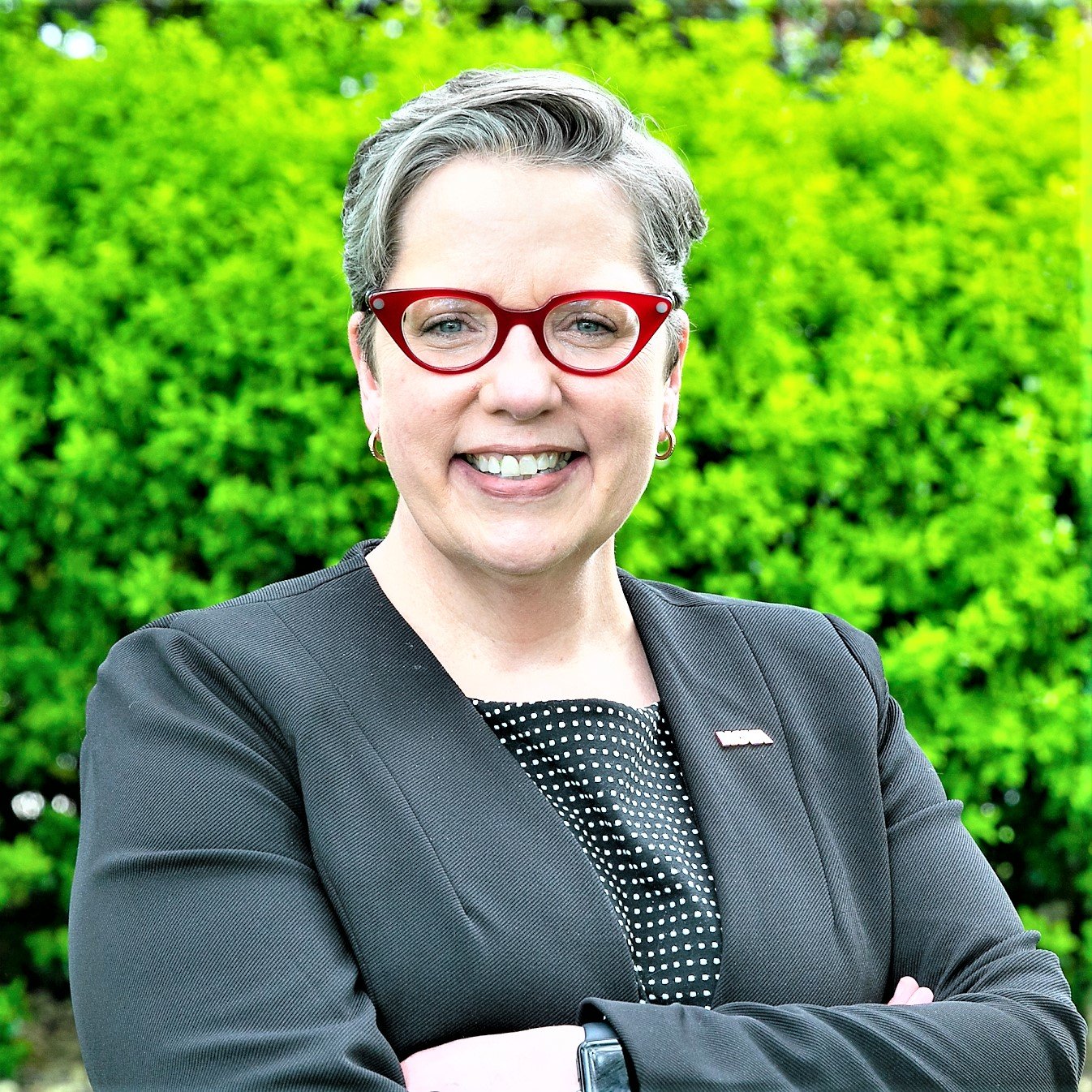Teaching for a digital economy: Virginia colleges are expanding tech programs
The speakers (from left to right):
Brian K. Payne is the vice provost for academic affairs at Old Dominion University, where he is tenured in the Department of Sociology and Criminal Justice. He is the founding chair of the Hampton Roads Cybersecurity Education, Workforce, and Economic Development Alliance (HRCyber). At ODU, his administrative areas of oversight include the School of Cybersecurity, Institutional Effectiveness and Assessment, Undergraduate Studies, and the School of Continuing Education. He also serves as the director of the Coastal Virginia Center for Cyber Innovation (a regional node of the Commonwealth Cyber Initiative), and is coordinator of the university’s Tech Talent Program.
Anthony Stefanidis is a professor of Computer Science at the College of William & Mary. His research has been focused on two key components: GeoSocial Analysis, pursuing the harvesting of intelligence from open source content and social media feeds, and Digital Image Analysis for the harvesting of geolocated or spatiotemporal content from imagery. He received his doctorate rom The Ohio State University. Prior to joining the College of William & Mary in 2020, he held tenured positions at George Mason University (2007-2020), and the University of Maine (1996-2006).
.
Preetam Ghosh is a professor and currently serves as the Interim Chair of the Department of Computer Science at Virginia Commonwealth University, where he also is an affiliate professor in the Department of Radiation Oncology. He obtained his doctorate in Computer Science from University of Texas-Arlington, completed postdoctoral training in Biomedical Informatics at UT-Southwestern Medical Center, and held summer appointments with the wireless gaming division at Nokia Research, systems engineering division at Nortel Research, and the exploratory medicinal services division at Pfizer Global Research.
Anne M. Kress is president of Northern Virginia Community College, an institution serving almost 80,000 students across six campuses. She serves on a variety of boards including the American Council on Education, Northern Virginia Technology Council, GO Virginia-Region 7, and Consortium of the Universities of the Washington Metro Area. She has been named to the Virginia Business 500 and Washington Business Journal Power 100, and been recognized by the Washington Business Journal as a “Woman Who Means Business.” Kress earned two bachelor’s degrees, in Finance and English; a master’s degree in English; and a doctorate in Higher Education Administration — all from the University of Florida.
REGISTER HERE via email
Having a robust and increasing digital infrastructure requires a growing tech talent pool with well-versed tech skills and digital literacy.
The universities, community colleges, and technical schools along the I-64 Innovation Corridor are investing in tech talent development and training in many different ways.
Learn more about what some of these institutions of higher education are doing to add degree programs for digital occupations needed today and tomorrow. Colleges and universities have classes in computer science, cybersecurity, and data analysis to get students ready for jobs in fields including machine learning, artificial intelligence, user experience design, and user interface design.
This is the second part of a Virtual Innovation Spotlight series on getting Virginia’s workforce ready for jobs in the growing tech sector.
The March webinar focused on boosting computer science education in K-12 as one way to expand tech talent pipelines in the state. During that webinar, Chris Dovi with CodeVa and Julie J. Brown with GO TEC (Great Opportunities in Technology and Engineering Careers) discussed computer science education and related subjects in K-12.
If you missed it, you can watch a video recording of the webinar on the RVA757 Connects’ YouTube channel. You can watch it here.




